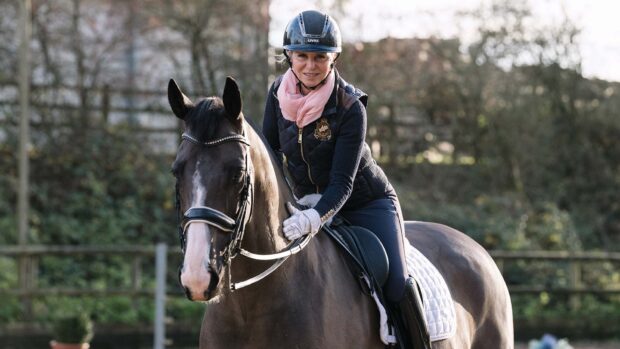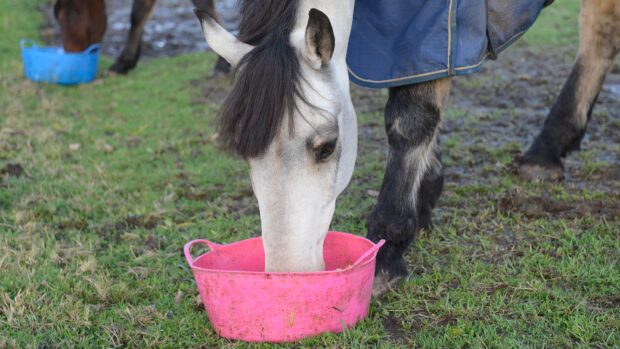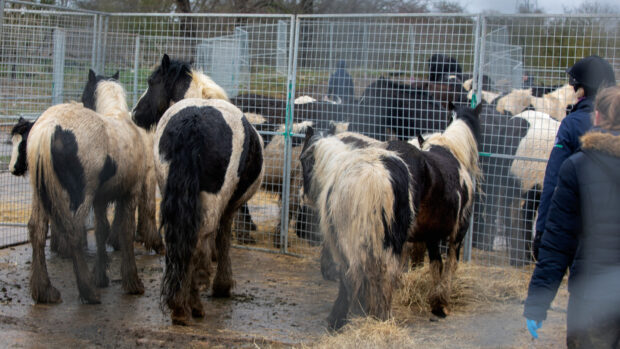Equestrian competitions have been suspended in California for two weeks owing to an ongoing equine herpes (EHV-1) outbreak in which six horses have been put down.
Yesterday (4 March) the California Department of Food & Agriculture said the neurological strain of EHV-1 had been detected in multiple horses in several counties in California. The California state vet has recommended that all hunter/jumper events, the most affected group, are postponed for 28 days, and that all equine events and non-essential horse movement is postponed for 14 days.
To date cases have been reported in horses who had been competing at the Desert International Horse Park in Thermal, the Los Angeles Equestrian Centre, and a venue in Rancho Murieta. Six horses have been put down owing to the severity of their clinical signs.
A spokesman for US Equestrian (USEF), which has suspended its competitions across California, said as return-to-competition protocols are implemented, more horses will be tested, which will result in more positive test results for horses.
“EHV-1 lives dormant in many horses. The increase in positives is expected as we test asymptomatic horses for EHV-1. The additional testing will allow the USEF community to mitigate the spread of the virus and safeguard horses,” he said.
“The expected increase in confirmed positive EHV-1 cases is not necessarily alarming if the horse is asymptomatic.”
“We all recognise that horses with clinical EHV-1 are high risk when it comes to risk of transmission. What most people forget is that infection does not always translate into disease, meaning that adult horses can shed EHV-1 without displaying any abnormal clinical signs,” added Nicola Pusteria, professor of medicine and epidemiology at UC Davis Veterinary Medicine.
When sport restarts, USEF will provide an EHV-1 declaration form for competitors to complete on arrival at competitions as a further measure to protect horses and facilitate tracking. In order for horses to compete at FEI competitions, horses must have a negative EHV-1 PCR test.
You might also be interested in:

Equine herpes virus – all you need to know right now

‘Mistakes were made’: poor decisions and human error contributed to European EHV-1 outbreak

Subscribe to Horse & Hound magazine today – and enjoy unlimited website access all year round
Horse & Hound magazine, out every Thursday, is packed with all the latest news and reports, as well as interviews, specials, nostalgia, vet and training advice. Find how you can enjoy the magazine delivered to your door every week, plus options to upgrade your subscription to access our online service that brings you breaking news and reports as well as other benefits.



